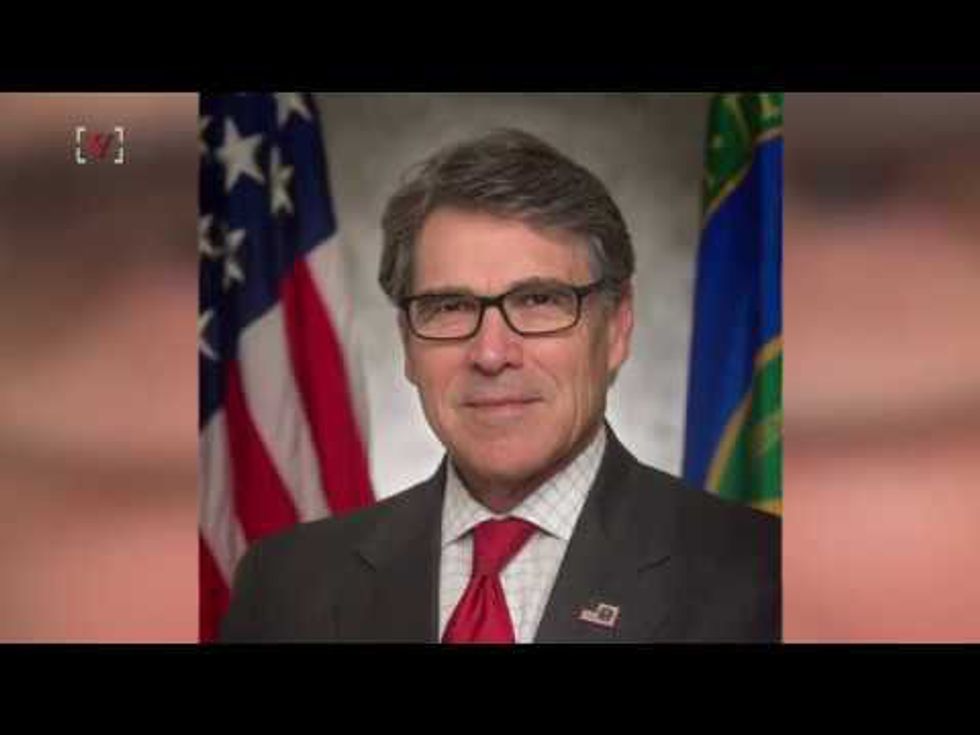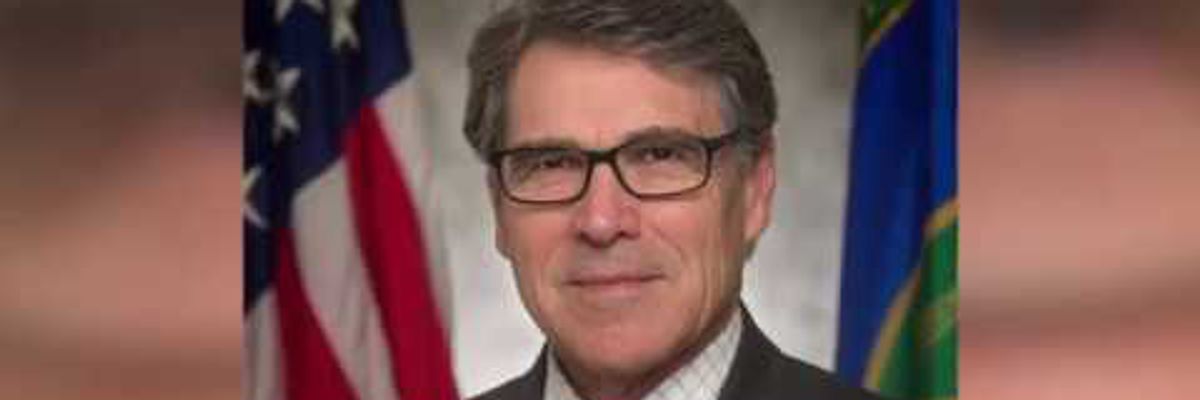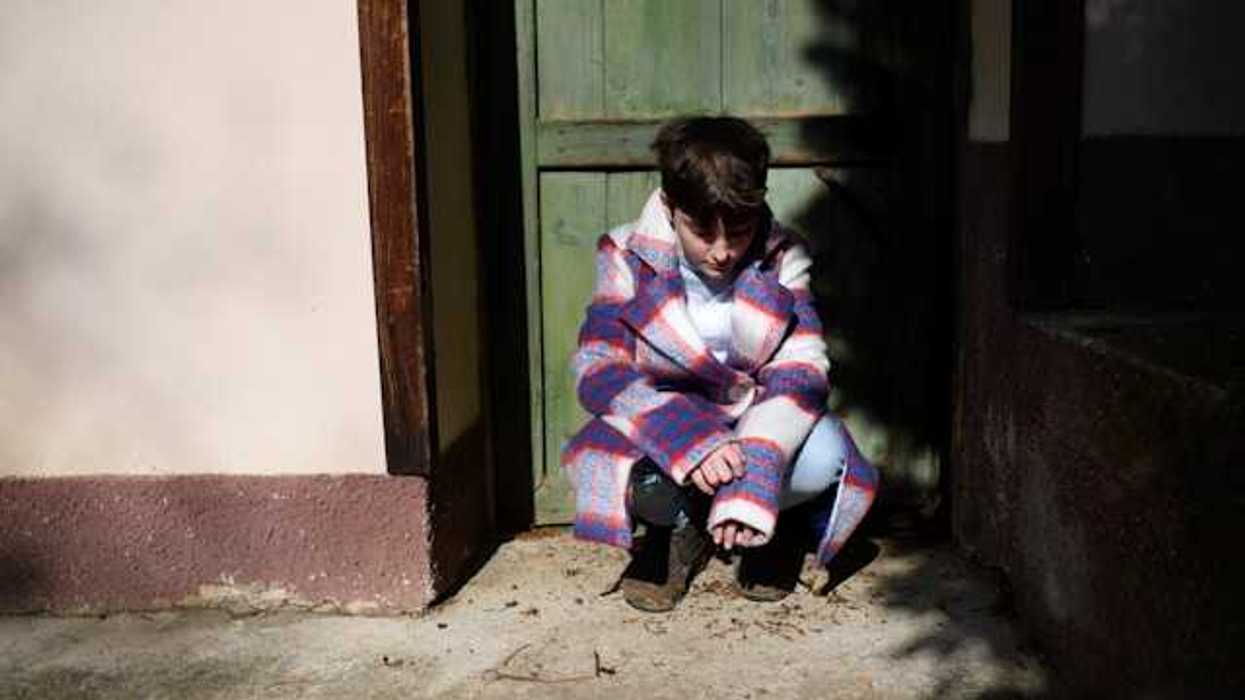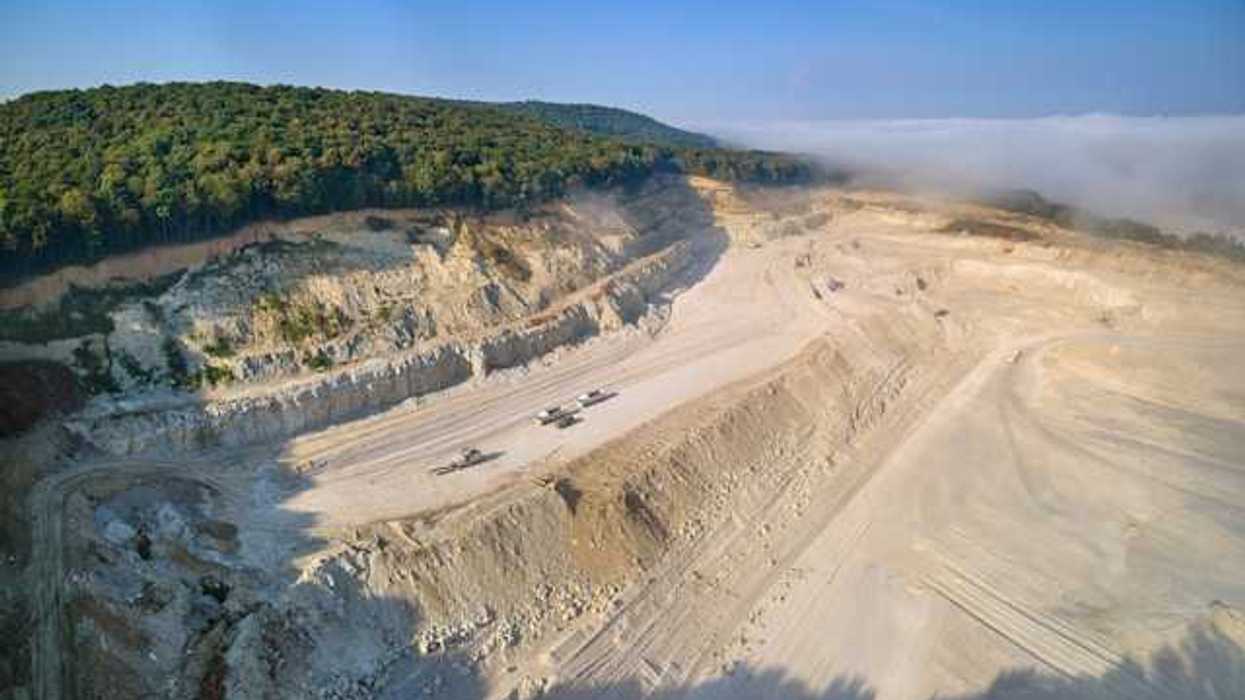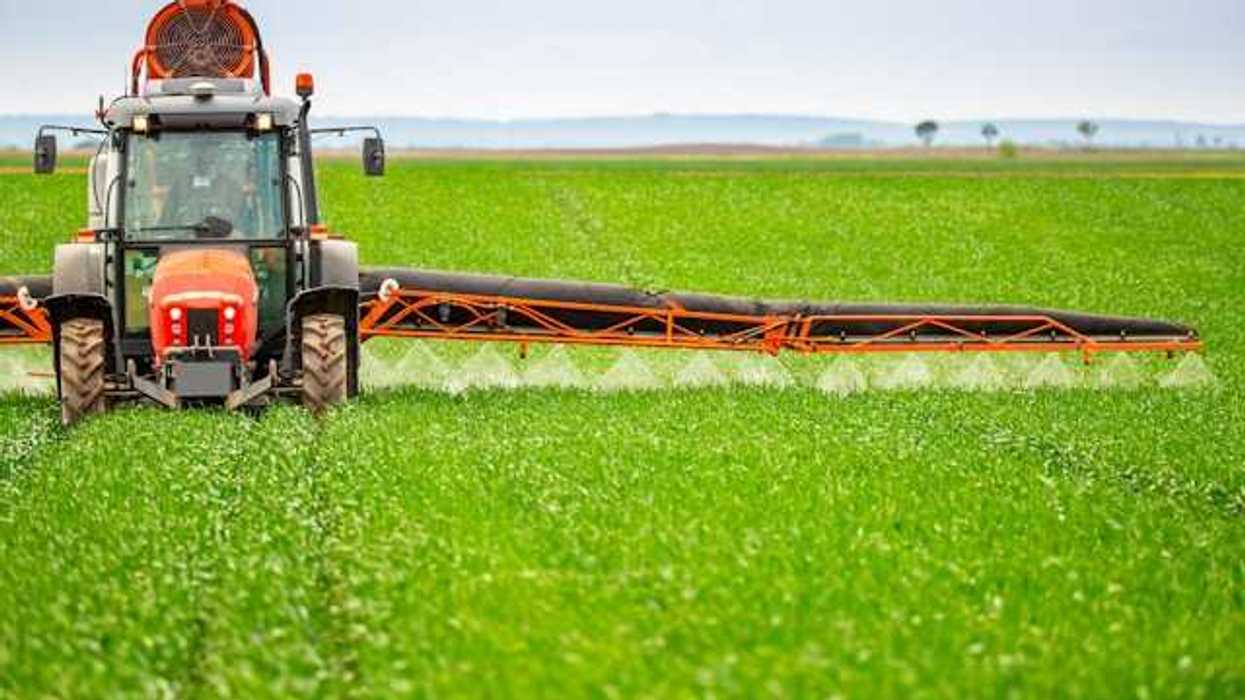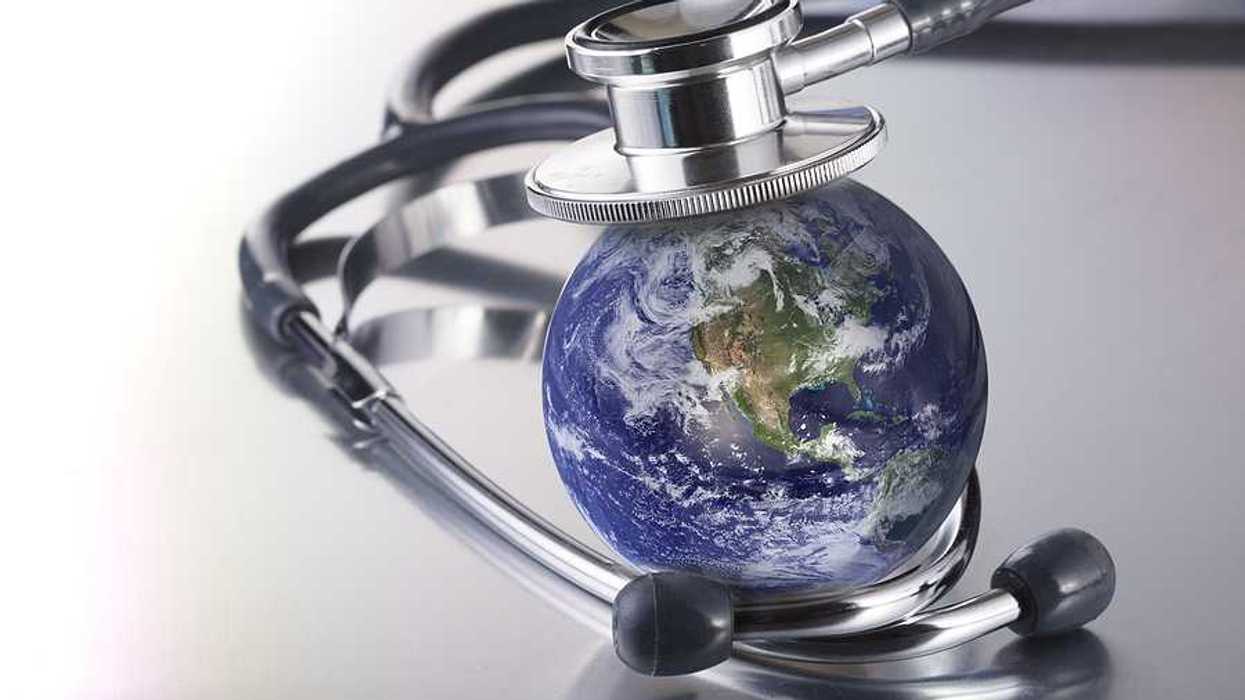"From the standpoint of sexual assault, when the lights are on, when you have a light that shines, the righteousness, if you will, on those types of acts."
That's Energy Secretary Rick Perry, at an energy forum Thursday hosted by NBC News and Axios.
He was speaking about energy security, prompted in part by a recent trip to Africa where he met a young girl who reads from the light of a fire that also produces sooty – and harmful, especially to children's developing lungs – smoke.
Lack of access to electricity is a legitimately huge issue: The World Bank estimates 15 percent of the world's population – some 1.25 billion people – had no access in 2014 to a technology that almost everyone in the United States (except Puerto Rico) takes for granted. Nearly half were in rural areas of Sub-Saharan Africa, and nearly a third were rural dwellers in South Asia.
Meanwhile more than 3 billion people lack access to clean cooking fuels and technology, the World Bank says.
But to call fossil fuels virtuous because they provide light that helps fight a very serious threat like sexual assault?
That was a bit much for some.
"We all need light in the dark, but what we don't need are the host of calamitous impacts of dirty fossil fuels on society: Air and water pollution, destruction of natural landscapes, deadly human health effects and global climate chaos," said Food & Water Watch Executive Director Wenonah Hauter.
"It's time to acknowledge the better path forward: Renewable power from clean and abundant resources."
The Sierra Club found the comment so beyond the pale it called for Perry to resign.
Sierra Club calls for Perry to resign over sexual assault comments https://t.co/iKntPBgHLj @thehill @dhenry
— Sierra Club (@SierraClub) November 2, 2017
A 2013 Food & Water Watch study on the fracking's social impacts in Pennsylvania found that, in counties where fossil fuel development was heaviest, sexually transmitted diseases were 62 percent higher than areas without. Arrest rates for disorderly conduct were higher, too, the group found.
The World Bank lists seven ways to close the electrification gap, including moving toward renewable fuels and increasing energy efficiency.

